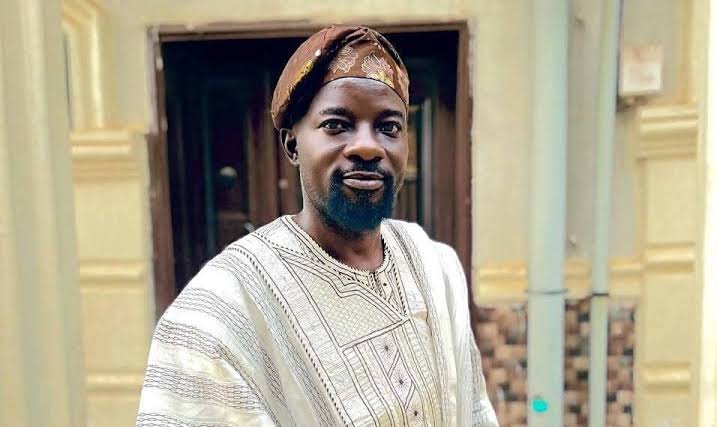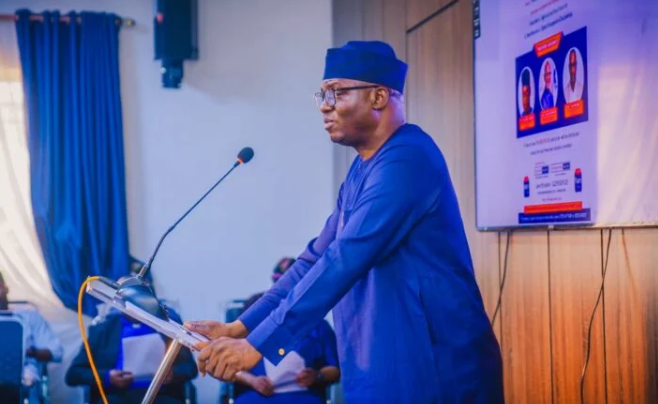The creator, Ifeoma Fafunwa opens up on what she had learnt after 10 years being on the road.
For the past 10 years, Taiwo Ajai-Lycett has mounted stages around the world telling women to stop pretending they don’t like sex.
This is part of her performance in the revolutionary hit stage play, Hear Word, created by Ifeoma Fafunwa, or for those who know her well,
“During sex, we are supposed to stay still, without emotions like nothing is happening,” Ajai-Lycett — the veteran actress who will turn 84 this year — would typically say something like that
Hear Word is a series of monologues that tackle issues women face especially in Nigeria. Last week, it staged a private presentation, an abridged version partly funded by the Ford Foundation. It covered the dangers of polygamy, female sexuality, rape, sex trafficking, victimisation and domestic violence. The part on gender equality was cut out.
“We focused a lot today on gender-based violence and how gatekeepers — meaning women themselves who buy into the patriarchal system — contribute to the sustenance of that violence,” Fafunwa told Pulse Nigeria. “We always put women in every scene because we factor in both as victims and as sustainers of the oppression. We are focusing on shifting the mind by showing victims fighting back.”
The performance, observed by some 200 people — members of the media, executives from Ford, C-suite at NGOs; charity organisations, women’s rights groups, and foundations for disabled people — was constantly punctuated by applause, like after the actress Joke Silva delivered a monologue on the misogyny melted out to a widow in a multi-ethnic marriage.
The play was stark and vivid, revealing the contours of a society that has for long weaponised divorce as the ultimate punishment a wife can receive at a time when divorce has become the most empowering decision a wife can make.
“As a perpetrator, you see it raw and you have to feel guilty. Or you feel at least slightly uncomfortable. You begin to question. Some perpetrators even think they aren’t doing such damage. We’ve talked to perpetrators and they didn’t realise the gravity of what they are doing,” Fafunwa said.
“Sometimes they are victims themselves and they want other people to join. They don’t want to be the only one. They’ve experienced violence and they want to give the violence back.”
In the past decade she has staged the play, Fafunwa has received tons of emails from women whose lives are mirrored in Hear Word. In Berlin, one of her hosts told her that German women might not relate to the issues in the play. Fafunwa said the host was surprised after the performance to hear German women speak about their experiences of the issues raised in Hear Word. “It is a universal story,” she said.
Though the unabridged 90-minute version of Hear Word will return to the stage in the last quarter of this year, also funded in part by Ford, with anything from two to three thousand people in the audience at every show, and that is not counting audiences in the markets, airports, Oshodi Underbridge and the floating homes of Makoko where it has been performed. Fafunwa wants to reach more people, so she has been thinking of turning Hear Word into a film.
“I want to do the film, but I don’t want people to give me kobo kobo and say, ‘Do film,’” she said. “This is too important. So I’ll fight for it.”
Advertisement





